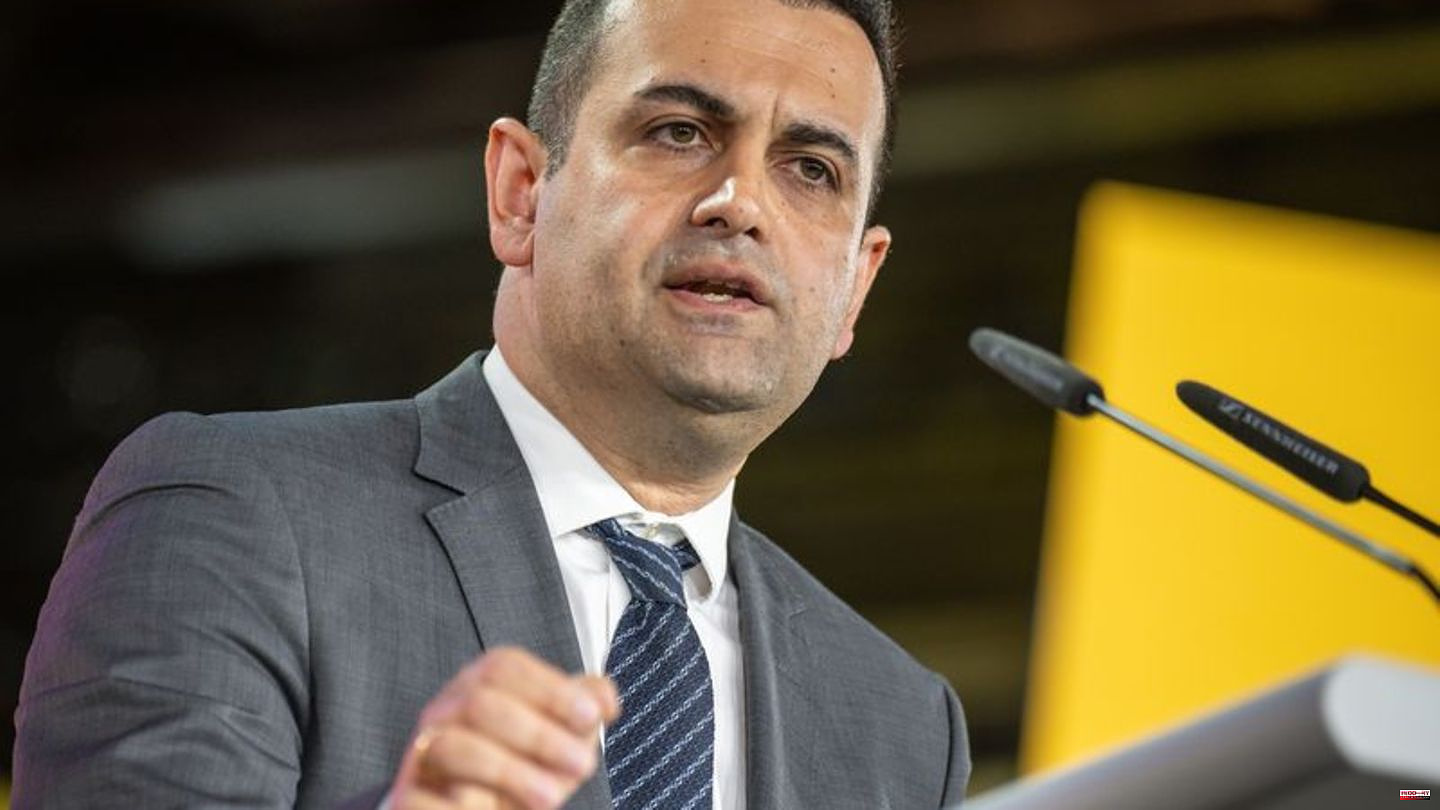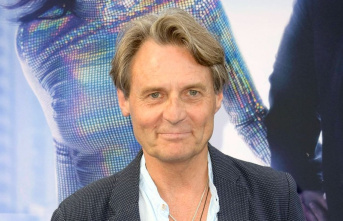Almost a month before the first important cabinet decision for the next federal budget, there is disagreement within the traffic light coalition on fundamental issues. Greens and FDP argue violently, among other things, about priorities in view of limited resources. SPD representatives react with incomprehension. On March 15, the cabinet is to decide on key figures for 2024, which will then have to be formulated into a complete budget and ultimately approved by the Bundestag.
"The public exchange of letters is a ritual in which everyone involved loses," SPD General Secretary Kevin Kühnert told Spiegel magazine. "It weakens the reputation of the sender, it annoys the citizens and it doesn't solve any problems."
Economics Minister Robert Habeck had suggested more government revenue on behalf of the green-led ministries, brought cuts in environmentally harmful subsidies and bans into play. Finance Minister Christian Lindner, on the other hand, rejected tax increases or other "structural additional burdens" for citizens and the economy on behalf of the FDP-led departments. A corresponding exchange of letters between the two became public on Thursday.
Clarification not possible "by post"?
How the projects agreed in the coalition agreement should be implemented must now be clarified, said Kühnert. “We will only be able to clarify how exactly we do this in a confidential conversation – not by post.” SPD faction deputy Verena Hubertz told the "Spiegel": "I don't understand why two ministers who have each other's mobile phone numbers don't talk to each other and instead exchange letters."
Negotiations are currently underway about updating the key figures and the 2024 budget, which provides for an upper limit of around 424 billion euros. Compliance with the debt brake is particularly important to the FDP, and Habeck also expressly emphasized in his letter that the Greens did not question the regulation. However, there is a dispute between the Greens and the FDP as to how the federal government should operate within these limits. The ministries have additional requests in the billions.
Chancellor Olaf Scholz (SPD) held back. Deputy government spokesman Wolfgang Büchner said on Friday in Berlin that he did not want to evaluate this any further when asked about the sometimes sharp tone of the correspondence. In particular, he emphasized that the federal government was in agreement on compliance with the debt brake, which only allows the federal government to take out new loans to a limited extent. One does not want to reflect any water levels at the level of the talks.
Controversy over tax increases
FDP General Secretary Bijan Djir-Sarai told the "Rheinische Post" (Friday): "In the current tense situation, talking about tax increases would be poison for Germany as a business location." And: "As part of the constitutionally enshrined debt brake, we have to prioritize spending in order to be able to meet the increased requirements, for example in the defense or education sectors."
Before the start of the Munich Security Conference, Defense Minister Boris Pistorius reiterated his call for an increase in defense spending worth billions. The SPD politician said on Friday in Munich that he would make every effort to go beyond the annual target of two percent of gross domestic product.
The opposition Union meanwhile warned against a "request concert" for future editions. "The days of further debt pots are over, and with that the glue that has held the red-yellow-green alliance together is disappearing," said the Union's budget spokesman, Christian Haase (CDU), of the "Rheinische Post" (Friday). Anyone who honestly wants to comply with the debt brake will not be able to do so without setting priorities in the budget. With a view to more money for the Bundeswehr, Haase said that this could succeed if you had the courage to reallocate funds that were unused in the budget - for example in the climate and transformation fund.
Even if Habeck and Lindner write to each other in their coolly formulated correspondence on budgetary policy with "Dear Mr. Colleague", they are actually on first name terms. That came from the time when Habeck was head of the Greens, Lindner told the Austrian daily "Die Presse" (Saturday). "And we stuck to that without question. He wrote the letter the other day in a you tone. That's why I replied as a you."












